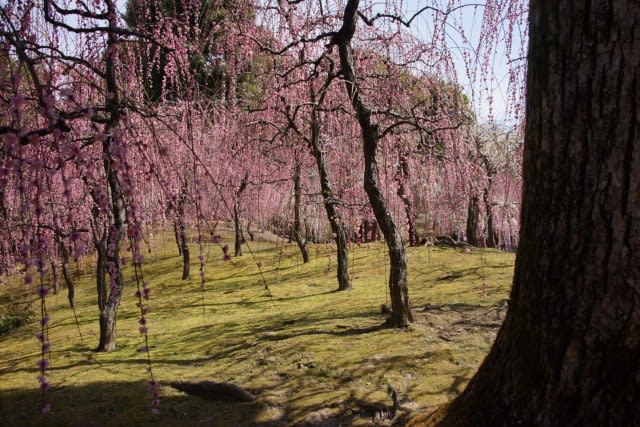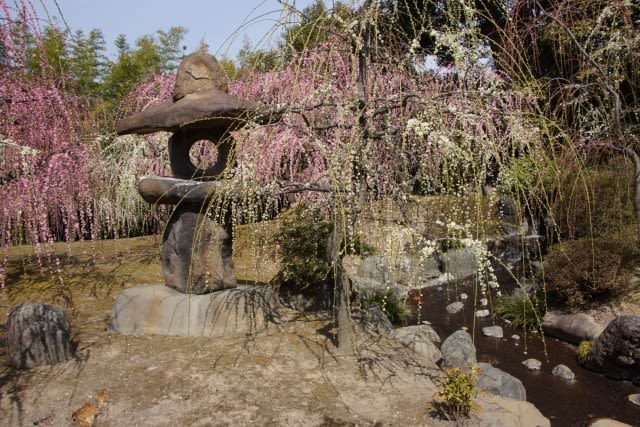The following is from an article by Mina Mitsui, Sankei Shimbun Paris Bureau Chief, which appeared in today's Sankei Shimbun titled "Why Eastern Europe Hates 'Antiwar'.
She is now one of the world's leading real women journalists.
At the same time, she is a national treasure, a supreme national treasure as defined by Saicho.
The emphasis in the text other than the headline is mine.
Your ideas are the ravings of a 'pacifist.'"
In Ukraine's neighboring country, an interviewee met me with these words.
It was Lorenz Bojcev, 52, a research fellow at the Polish Institute of International Affairs.
My question was, "Shouldn't a ceasefire be the priority as soon as possible? "Boychev discussed the difference between a ceasefire and "true peace," but he said, "I don't know anything."
In France, where the author lives, "Human life comes first. Stop the attacks by any means necessary" is the argument.
Others say that massive arms aid to Ukraine will intensify fighting and increase casualties.
However, Mr. Boychev says, "Russia has always taken advantage of such Western feeling of war-weariness. To get them to approve of the invasion," he appealed.
If you ask Russia to halt its aggression through negotiations, they will always say, "Well, you have to give in to our demands.
It may be the establishment of a pro-Russian government in Ukraine or disarmament.
According to Mr. Boychev, this is not true Peace.
After World War II, Eastern European countries came under the control of the former Soviet Union.
Eastern European countries were forced to hold the historical view that "the Soviet Union was right about everything," and communist parties that swore absolute loyalty to the Soviet Union came to power.
At school, children were forced to learn the Russian language.
I am of that generation," Boychev said.
In return for not having a war, the Soviet Union ruled the people's minds.
In exchange for not waging war, the Soviet Union took over the hearts and minds of the people.
He was 20 years old when such a regime collapsed in Poland in 1989.
Michal Begulevich, 41, a Ukrainian refugee aid worker on the outskirts of Warsaw, was nine years old when the incident occurred.
His father was an activist in Solidarity, a self-managed labor union that was outlawed.
When Begulevich was born, he was imprisoned as a dissident.
"People who grew up in freedom easily say, ' Peace.' But is it okay if there is no war? Is it peaceful to live a life where you can't say what you want to say?'
Helping refugees is not just a matter of kindness.
The Ukrainian people's fight against Russia is not a personal matter for us.
Hearing their stories was an eye-opener.
The United States occupied Japan after the war.
Even though we were forced to face one-sided trials for war criminals, we were able to foster democracy and a free economy. The same is true of former West Germany.
But for the Polish and Ukrainian people, Peace under Soviet rule was the death of freedom and the disappearance of the people. It is to take away the soul.
Even if the Soviet Union becomes Russia, the threat is the same.
Ukraine's current fight is supported by the determination to "never again be a people of servitude."
French President Emmanuel Macron calls for a ceasefire by repeating telephone talks with Russian President Vladimir Putin.
It wasn't until I came to the site that I knew that the Polish people looked uneasy.
The strong support for the United States in Eastern Europe is because the United States does not compromise on "freedom."
Mr. Boichev asserts, "Since World War I, the United States has ended all wars in Europe. The U.S. is the key to European stability."
When Mr. Begrevich told me he would pick up a 15-year-old junior high school student who fled Ukraine alone, I went to the train station with him.
On the platform at dusk, the boy sat with his back arched.
Mr. Begrevich tapped him on the shoulder silently.
"It's all right; I will do my best to protect you."
He seemed to be saying something like this.












